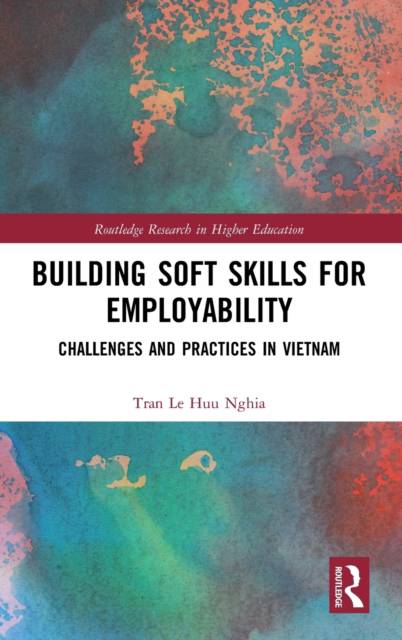
- Retrait gratuit dans votre magasin Club
- 7.000.000 titres dans notre catalogue
- Payer en toute sécurité
- Toujours un magasin près de chez vous
- Retrait gratuit dans votre magasin Club
- 7.000.0000 titres dans notre catalogue
- Payer en toute sécurité
- Toujours un magasin près de chez vous
Description
This book is among the first of its kind to comprehensively examine the implementation of soft skills in universities in the developing country, Vietnam. The context is unique as the implementation is taking place within the distinctive socio-economic, cultural and political characteristics of the country, amidst several simultaneously-executed educational reforms.
Tran lays down the foundation for discussion by providing readers with a comprehensive review of how soft skills implementation has come into existence in higher education across the globe, before diving into the implementation of soft skills in Vietnamese universities. He goes on to highlight the interesting differences in the conceptualization of soft skills between Vietnamese universities and those in the West.
The book depicts and compares how university leaders and managers tackle contextual factors, submit to constraints enforced by political forces, and how they use institutional advantages available for implementation. It goes further to examine how personal and contextual factors affect teachers' and students' engagement with the implementation, and highlights the role of work-integrated learning and extra-curricular activities in developing soft skills for students. Finally, the book investigates the contribution of external stakeholders, such as alumni, employers, skills experts, and local authorities, to the implementation and obstacles that prevent their participation.
This book will be a valuable reference for the implementation of soft skills in higher education around the world.
Spécifications
Parties prenantes
- Auteur(s) :
- Editeur:
Contenu
- Nombre de pages :
- 242
- Langue:
- Anglais
- Collection :
Caractéristiques
- EAN:
- 9780367227036
- Date de parution :
- 19-09-19
- Format:
- Livre relié
- Format numérique:
- Genaaid
- Dimensions :
- 157 mm x 236 mm
- Poids :
- 521 g

Les avis
Nous publions uniquement les avis qui respectent les conditions requises. Consultez nos conditions pour les avis.






